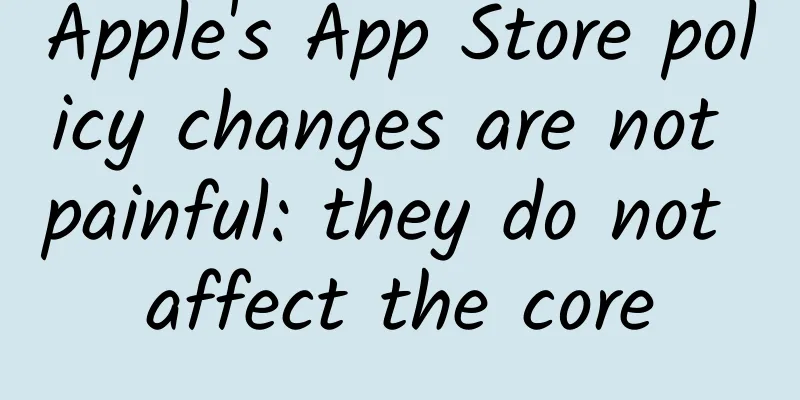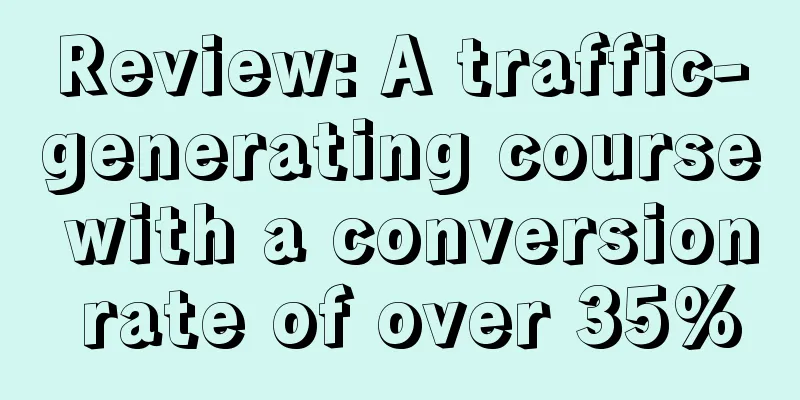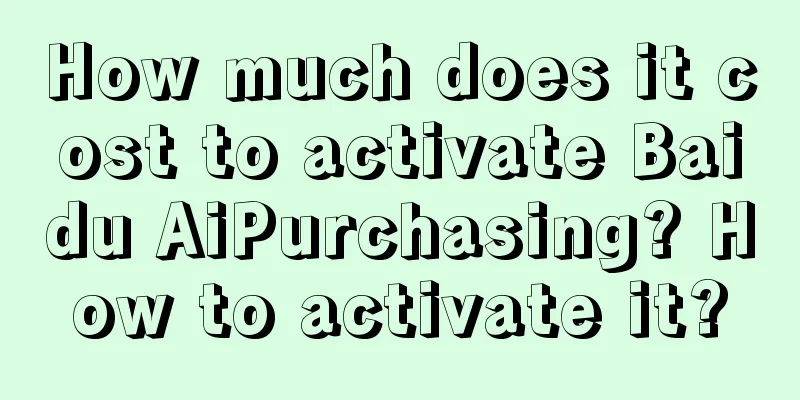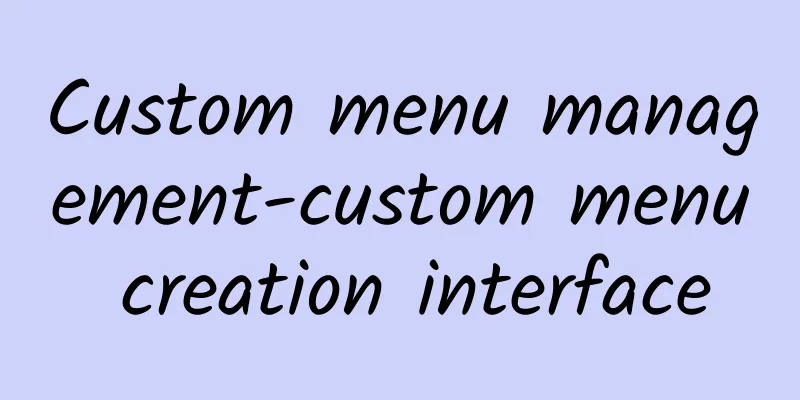Apple's App Store policy changes are not painful: they do not affect the core

|
Beijing time, August 30 morning news, according to reports, Apple announced last week that it had reached a $100 million settlement with a small app developer that sued it, which attracted public attention. Although Apple announced that it would start to change, the environment in which developers live has not really changed - the App Store is too large and relies too heavily on in-app purchases, which has led to a long-standing problem.
Apple's settlement includes several new policies that they say they hope to "clarify" the rules of the App Store. Developers can now use data collected through their apps to notify users of alternative payment methods (as long as these notifications are sent outside the app), which was previously prohibited. Apple has promised to keep the "App Store Small Business Program" unchanged for three years, which will reduce the revenue share of developers with less than $1 million in annual revenue to 15%. Apple will also use "objective metrics" such as downloads, ratings, and text relevance to organize search results. Developers can also set new prices for apps, and Apple has promised to provide them with more information about appeals. The company is also preparing to release an annual transparency report on the App Store review process. Still, none of these policies seem likely to change in the long term how the App Store actually works and the primary way developers make money from it. The settlement makes concessions to smaller companies on the App Store, but it is a handful of large companies that contribute the bulk of the App Store's revenue. Although Apple itself has not disclosed the exact number of "small apps" with annual revenue of less than $1 million, only saying that they account for the "vast majority", a report by market research firm SensorTower at the end of last year stated that about 98% of App Store developers are eligible for this preferential policy. The report pointed out that these developers only account for 5% of the total revenue of the App Store. The economics of the App Store in 2021 are set by a trillion-dollar company that collects 95% of in-app transaction fees from just 2% of developers on its platform. The latest rules, policies, settlements, and clarifications are all intended to appease the largest group of developers — who are, in reality, bystanders in a much larger fight. If Apple has to pay $100 million here (the latest class-action settlement) and lose $59 million there (the estimated annual revenue lost due to the Small App Enterprise Program), what does it really care about? As long as it can keep the 30% revenue share it charges from large developers and apps, then it will make any concessions to settle the class-action lawsuit. Apple's biggest change is allowing developers to consider other payment methods, but this measure is not thorough enough. Developers can now only use contact information obtained through the app to consider other payment methods for subscriptions or service fees outside of their apps. For example, they can now submit an email address through a form to apply to send transaction information to the user's inbox. But if you really want to sell content in the app, you still have to use Apple's payment method, so you have to pay Apple a share - this is still a pain point for many developers. In fact, Apple's lawsuit against the email app Hey last year showed that even if developers want to cross Apple's restrictions and only register users outside the app, they may not be able to easily bypass Apple's payment system. In fact, the App Store has become an important business for Apple, and in-app purchases and subscriptions are the mainstay of this business in 2021. It is not difficult to understand by looking at the App Store's revenue rankings: in the list listed by market research company App Annie, there is no paid app in the top 50 apps; and among the 200 paid apps listed by SensorTower, only Minecraft is a paid app. It can be seen that the App Store's biggest revenue sources are free games, streaming services, and subscription apps, and their main way of generating revenue is to obtain in-app purchases and subscription revenue with the help of Apple's payment system. Precisely because of the seriousness of the matter, Apple will never allow developers to use other payment methods within their apps, and it is impossible for it to even slightly relax the restrictions. It is estimated that the App Store platform had sales of about $64 billion last year, and Apple earned about $19 billion in revenue based on a 30% share. Since Apple provides a 15% preferential share ratio for small businesses and one-year subscription services, the actual amount may be slightly lower than this figure. But at the end of the day, Apple is not going to budge. The App Store is too big and too important to Apple for any core part of its app economy to change in any meaningful way unless the courts rule in a clear way (something Epic, Spotify, and others are actively seeking). Of course, Apple’s clarification statement will not touch on this core at all. |
<<: Faced with massive demands, how can we focus on design?
Recommend
How far can Luo Yonghao’s “Bullet Messenger” fly?
[[241148]] one The Luo family crosstalk performan...
With a lead efficiency rate of up to 75%, how can K12 educational institutions break through in marketing!
In 2019, Qiwen Education, a local K12 education a...
Why deploy influencer marketing?
Although it seems that the term " influencer...
Is it illegal for an APP to monitor the phone clipboard? The court ruled: it violates the right to privacy
In this Internet age, many users believe that mob...
Master the backend operations of Baidu bidding and 5 tips to improve conversion rate!
We all know that Baidu promotion is paid promotio...
A simple and easy-to-understand financial management course, where the bank president teaches you how to manage money
Ten-point classroom super practical and practical...
What is the correct enterprise Internet customer acquisition plan?
The following content, a total of 7 steps Knowled...
Kuaishou account cold start tips and operation guide!
How to cold start a new short video account is a ...
Guilin Mini Program Franchise Company, how much does it cost to join a pregnancy and childbirth mini program?
How much does it cost to join a pregnancy and chi...
The 10 most disappointing founders of 2015
[[161252]] Editor's note: In this article, St...
A new way to place wedding photography video ads!
This article shares with you a case study of the ...
Douyu live broadcast market and user analysis!
Due to the epidemic in the first half of this yea...
A big screen makes you look stupid, and a small screen makes you look poor. So what is the appropriate size for a mobile phone screen?
Since the beginning of 2015, rumors about the lau...
16 practical tips hidden deep in iPhone, 5-year-old users only know 3 of them
Every time iOS welcomes a major system update, th...
This is what an App Store chart manipulation studio looks like
You may have heard about App ranking manipulation...









